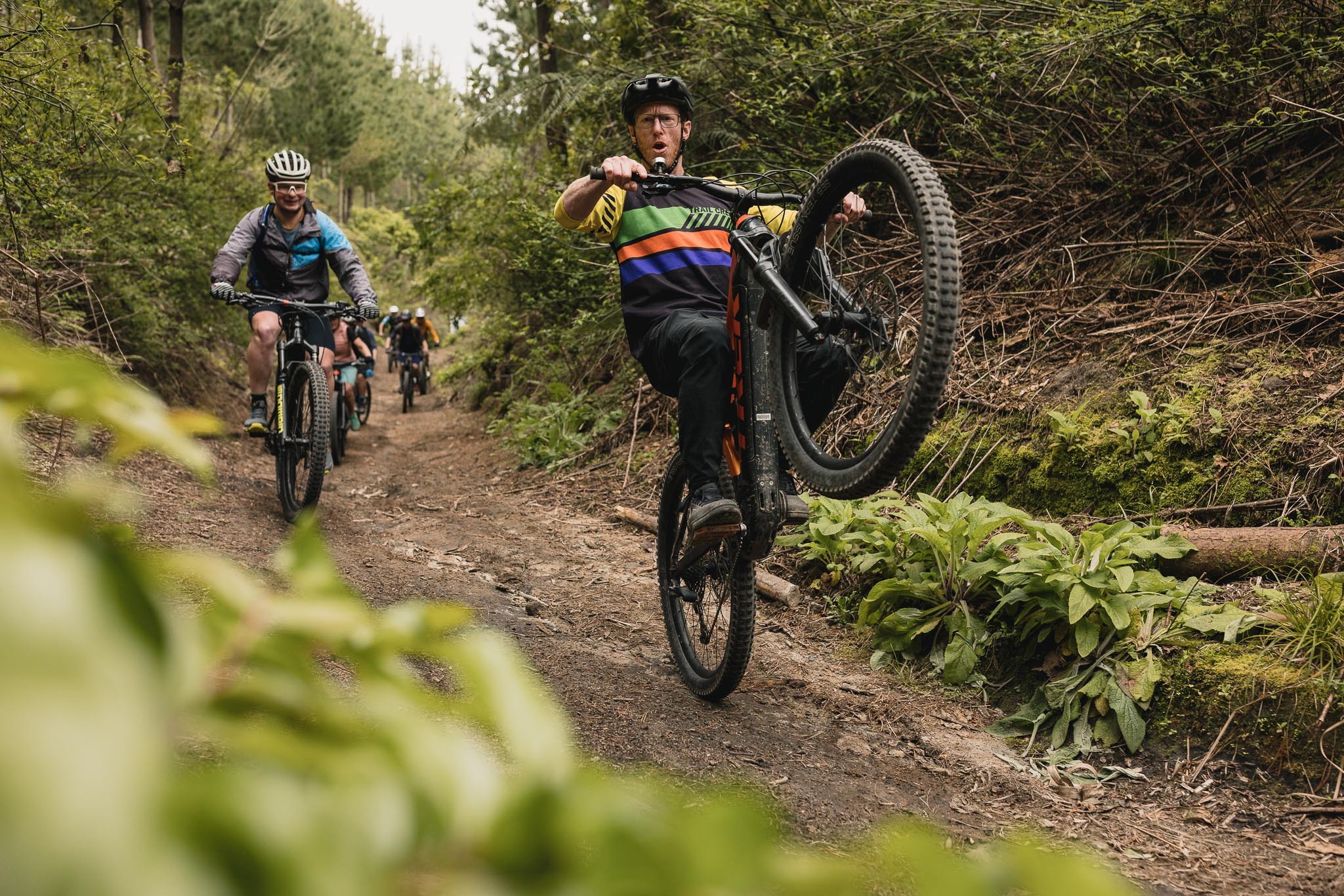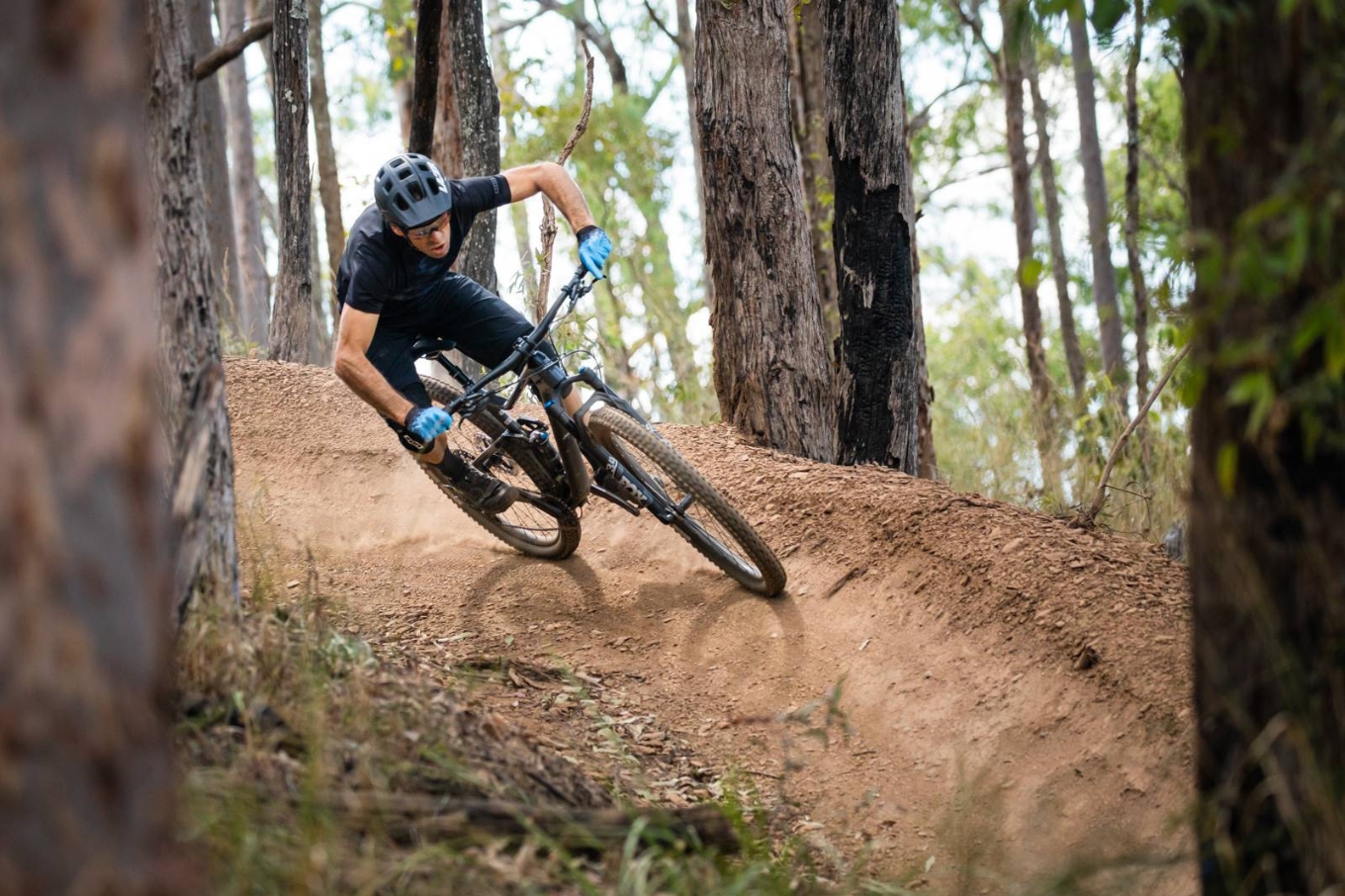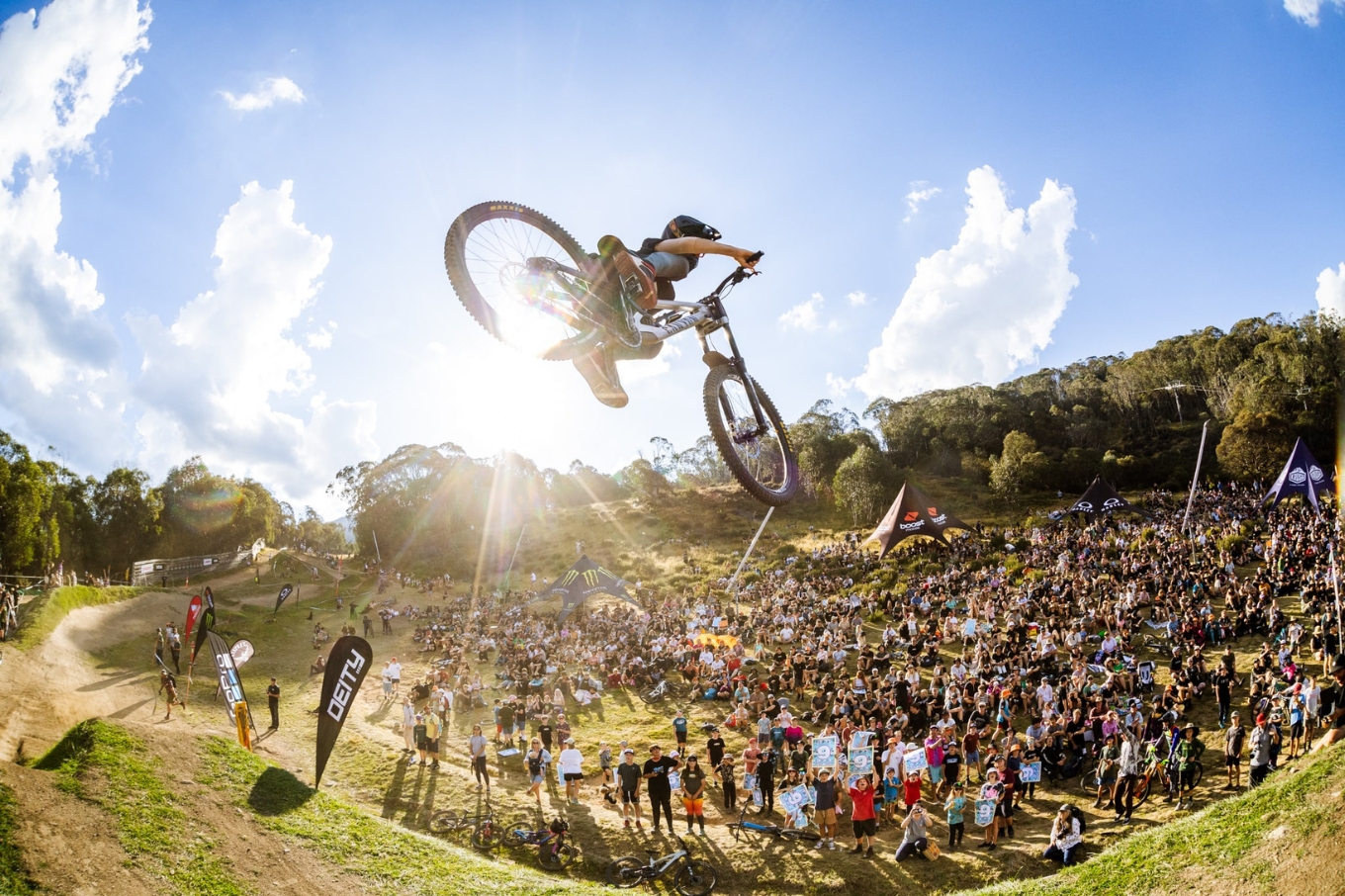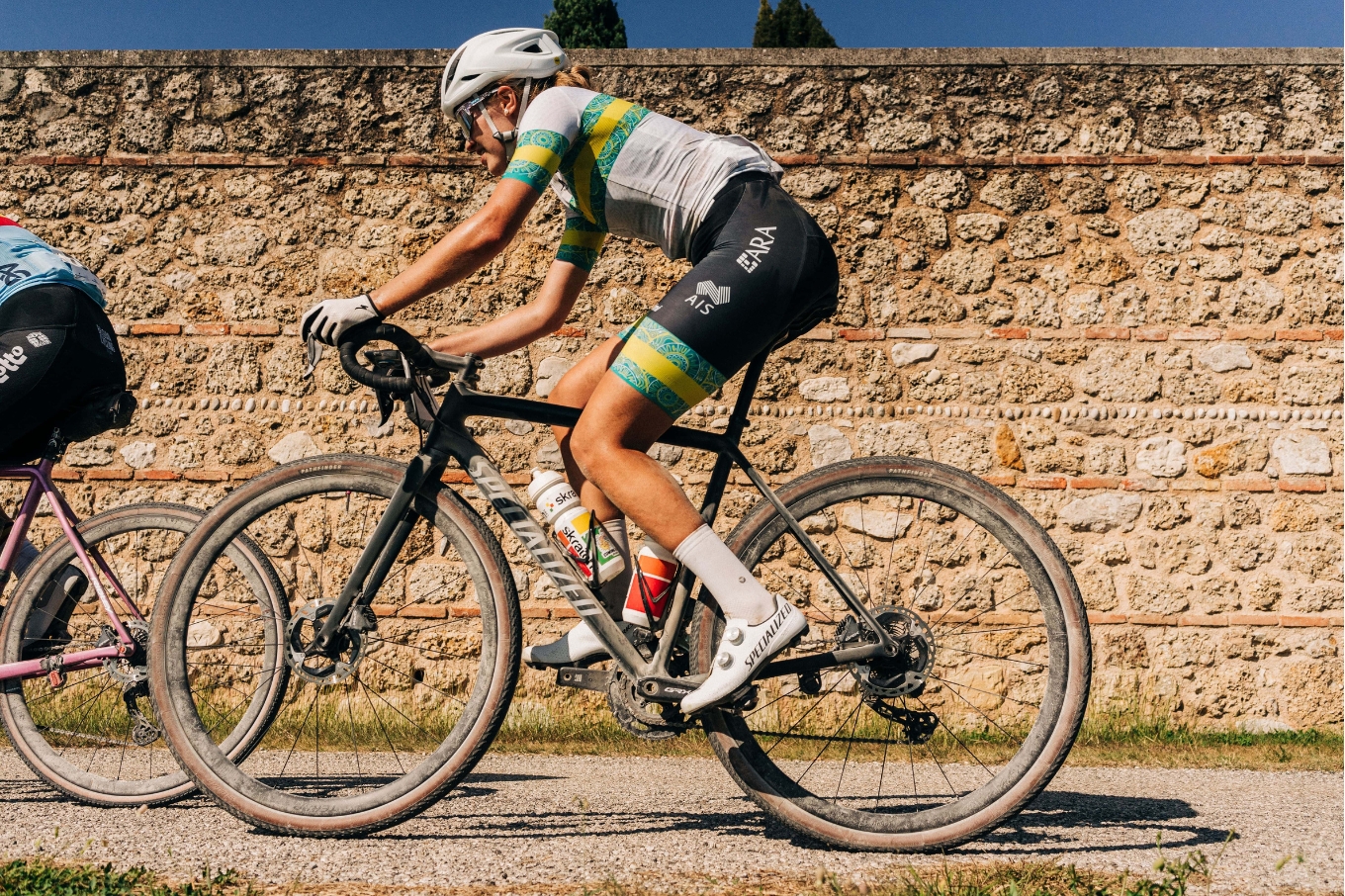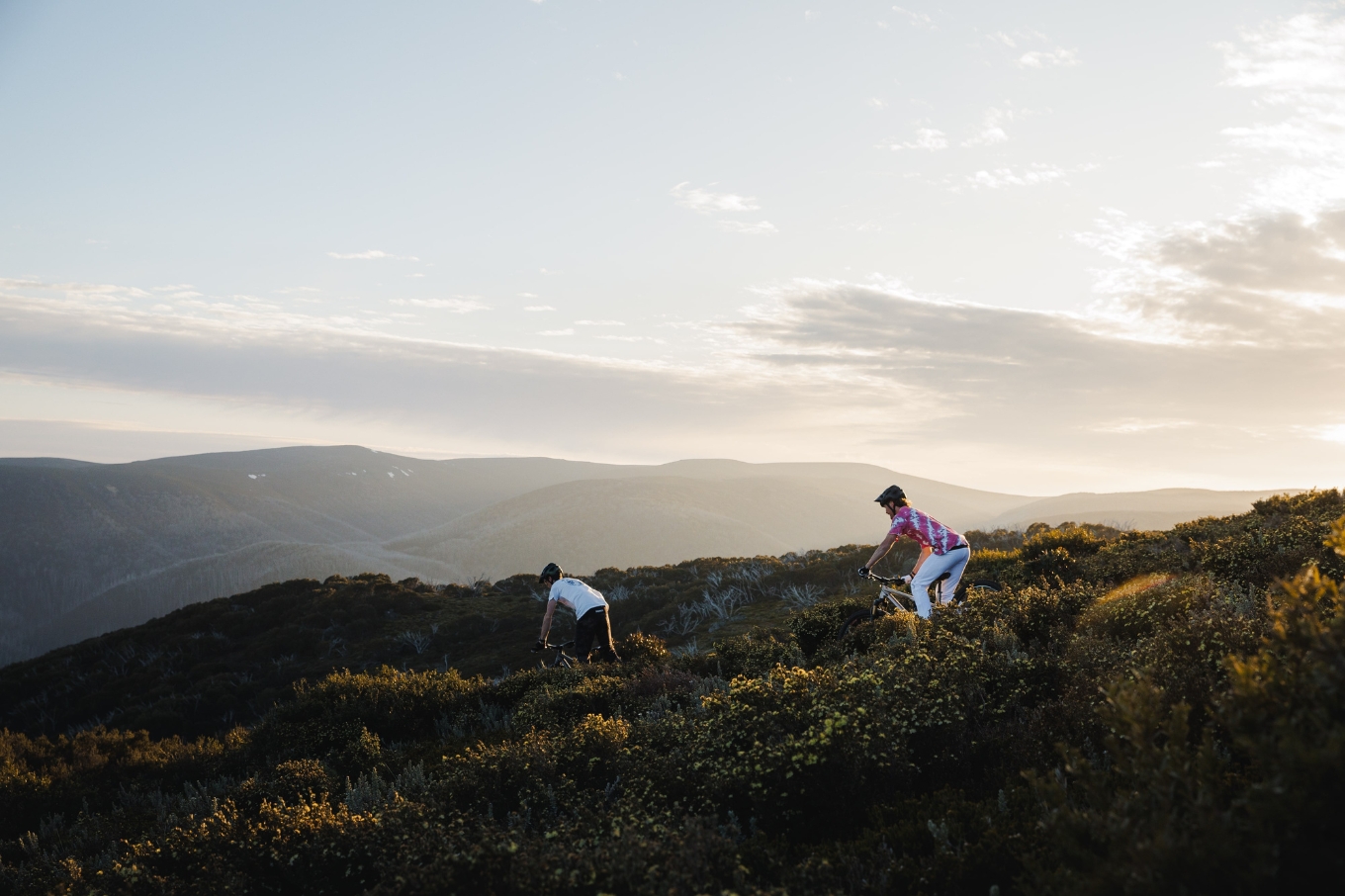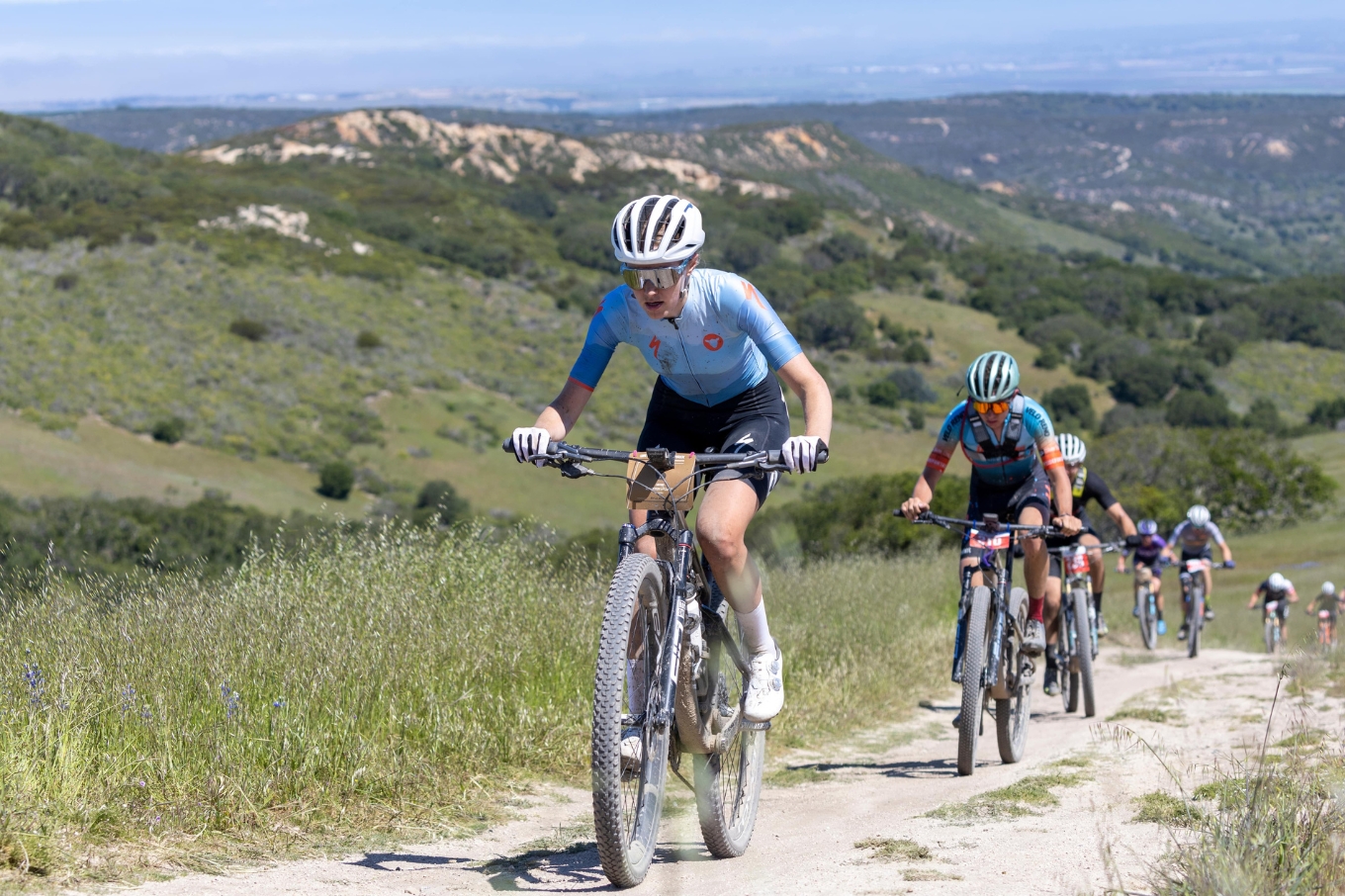The history and future of Bosch e-bike systems
When it comes e-bike systems, Bosch are far and away the biggest company in the game.
Words: Mike Blewitt
Photos: Cam Mackenzie, Mike Blewitt
The automotive giant have used their automotive electro-mechanical expertise (say that five times fast) to create a highly reliable e-bike system that was launched in 2011.
Bikes, and e-bikes, have seen a lot of change since 2011. When Bosch released their first e-bike motor, battery capacity was just 288Wh! They did provide support up to 25km/h with 50Nm of torque. Progress was quick, and although a 45km/h unit was out the next year, 2013 saw 300Wh and 400Wh batteries and fast chargers, along with more intuitive head units.
Over the years battery capacity increased, as did the torque available, and the integration possible with the head units. The current Bosch Performance Line CX and Performance Line CX Smart System equipped bikes have 85Nm of torque, with batteries up to 750Wh, and lots of additional features to work specifically for eMTB use, like Extended Boost and Hill Hold. It has been a rapid growth in technology, and at Crankworx Cairns I caught up with Armin Hartting from Bosch, who is on the managing board and looks after world wide sales and service for Bosch. He's been working with the e-bike systems since inception.
'I've been at Bosch for 21 years, and working on the e-bikes for 9 years,' Armin told me as we sat in the Bosch experience centre at Smithfield. He said joining the e-bike development was easy, following his passion as a cyclist.
'Before that I was in the automotive division, but then there was a chance to change to the bicycle division. It was a small team at that time, but it was about passion for me. I'm a cyclist myself, formerly just mountain biking but now road cycling too.'
Bosch are a huge company, so why did they jump into making e-bike systems anyway? Armin explained that it was all due to a market study.
'We had a trend report in 2008 that said health will play a big role over the coming decades, along with environmental topics. This could mean cities wouldn't allow cars into the central city. So a couple of things came together and two guys in our pre-development at Bosch separately had some ideas. One was thinking about batteries, and one was thinking about a drive unit. So in about 2009 it really started.'
'It took a little bit of convincing at Bosch, as Bosch is an automotive supplier. Some of the management was convinced, and in 2011 we could release our first product.'
I had always heard a rumour that the original Bosch e-bike motor was based off a power steering unit. Given I would have no better time to verify this, I had to quiz Armin on this to prove it right or wrong.
'There is truth in that' Armin laughed. 'The very first one was based on a power steering motor. It had the right torque ratio, the right size. So some of the technology fit the best. There are a lot of technology elements to electrical motors, and the power steering unit fit the best to our purpose. If you look at our first prototypes, you'll even see batteries from power tools, like an electrical drill! This was a long time ago. But the rumour is true, it was originally a power steering motor.'
Bosch have continued to progress, and in 2021 they released the Smart System update for the Performance Line CX system, which in general makes the whole system more customisable for riders. From using an app to tune each mode, through to plug and play options to make it easier for servicing and changing head units. 30 years ago, some manufacturers were welding prototypes in the week to test them on the weekend – and a few select torches still do. But I assumed the rate of development is a little different for a world leader in e-bike systems.
'It depends on the product, but our lead time is around three years. Some are more complex and some are more simple,' Armin explained. 'A super complex product could be four years, and the industrialisation takes time. These days you have big volumes. Even in Germany we sell 2 million e-bikes each year – and someone needs to build them.' Although bike sales are stagnating globally, e-bike sales are still growing, and are set to stay that way into the future.
What's the future of e-bikes?
Given the rate of growth thus far, I wanted to know where Armin thought e-bikes were heading. I knew he wouldn't tell me about any projects behind the scenes – but I had to try.
'In the eMTB market, I see a couple of trends. One is for the high power e-bikes, which is what we see in the Bosch CX range. And there is a trend towards lighter e-bikes with less power. The Specialized Levo SL and other recent developments mark another trend for the future. 'Both of these styles will be there in the future, but I couldn't tell you how big each market will be in the long run.'
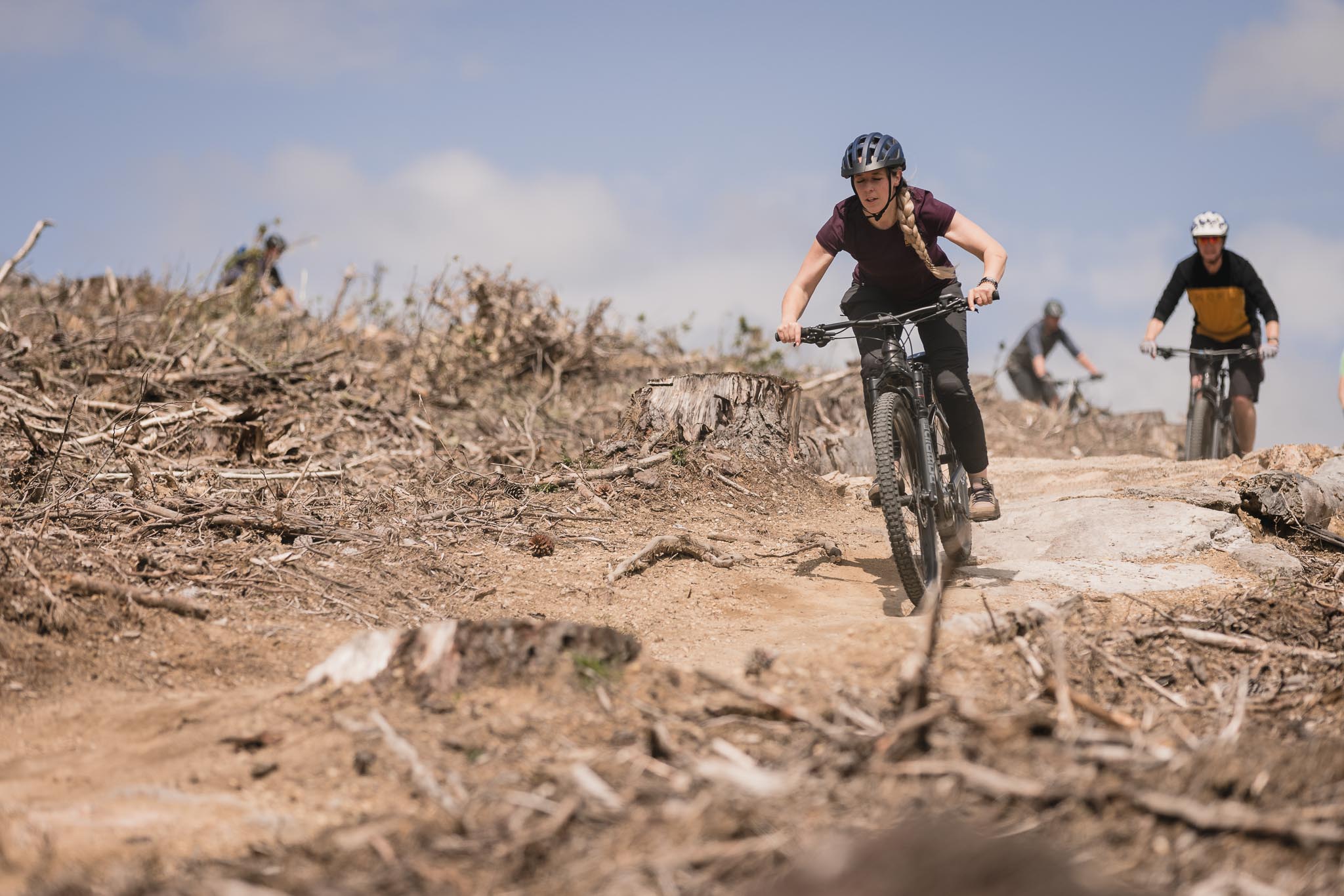
The Levo SL did pave the way for mid-power eMTBs, and the Orbea Rise, Trek Fuel EXe, Transition Repeater, Specialized Kenevo SL and the Pivot Shuttle SL show that it's an expanding category, from mid to long-travel bikes. Bosch are notably absent from offering a lower torque, smaller and lighter system. But I sense it won't be that way for too long.
There are some technological limiters on some elements of e-bike progress, and Armin pointed out that the big one is batteries. This should be no surprise for anyone investigating a moved to an EV, or contemplating batteries for a home solar system.
'You want to have the maximum capacity for a battery in the smallest possible size. Lithium Ion technology is a means to an end, but its a slower rate of energy density growth. Some years ago, we could pack 500Wh in the same size as a 400Wh battery just because the cells got better for the same size. But those steps of evolution are not really there any more so we will see a slower pace. We have to live with the battery weight, it's there and it is not going away. So you need to make the battery as light as possible around the cells, with the use of lighter materials. For the drive unit you're looking at magnesium and other materials to make it lighter.'
Bosch did increase the torque on their 4th Generation Performance Line CX to 85Nm, but that's likely where it will stay for Bosch.
'I don't see the trend for more power continuing. I think we have reached a level where everybody has sufficient power. 85Nm, 600W peak power – that really is enough. There are bikes out there with more torque, like 120Nm, but it does tend to have a feeling more like a motorcycle, and the bikes end up quite heavy. So I believe the trend for more power will not necessarily continue, not as a general trend. But people will want more efficiency, to get more riding time out of the same battery.'
The evolution of your local bike shop
Visiting your local shop for a drivetrain service, new seals in your fork or a wheel build is one thing. But what if you need a new wiring harness or software update? The demands on stores for floor space and the skills of staff is changing, and it's pretty rapid. This is a big part of what Armin works on day to day.
'We want to support bike shops, to educate them. We support about 25 000 dealers world wide and in Europe we train about 12000 people each year. We give them advice about the service and repair of the systems and new systems. The challenge for less experienced bike dealers is they are used to mechanical systems. But e-bikes depend on electro-mechanical systems with software and software updates – so it's bringing you closer to an automotive job, and in the future we will see more electrical systems.'
This includes the ABS system Bosch has introduced, which Armin thinks could end up very popular for a lot of mountain bikers as it reduces the chance of a front wheel pushing through a corner under brakes. But it's a new system that would have highly specific servicing.
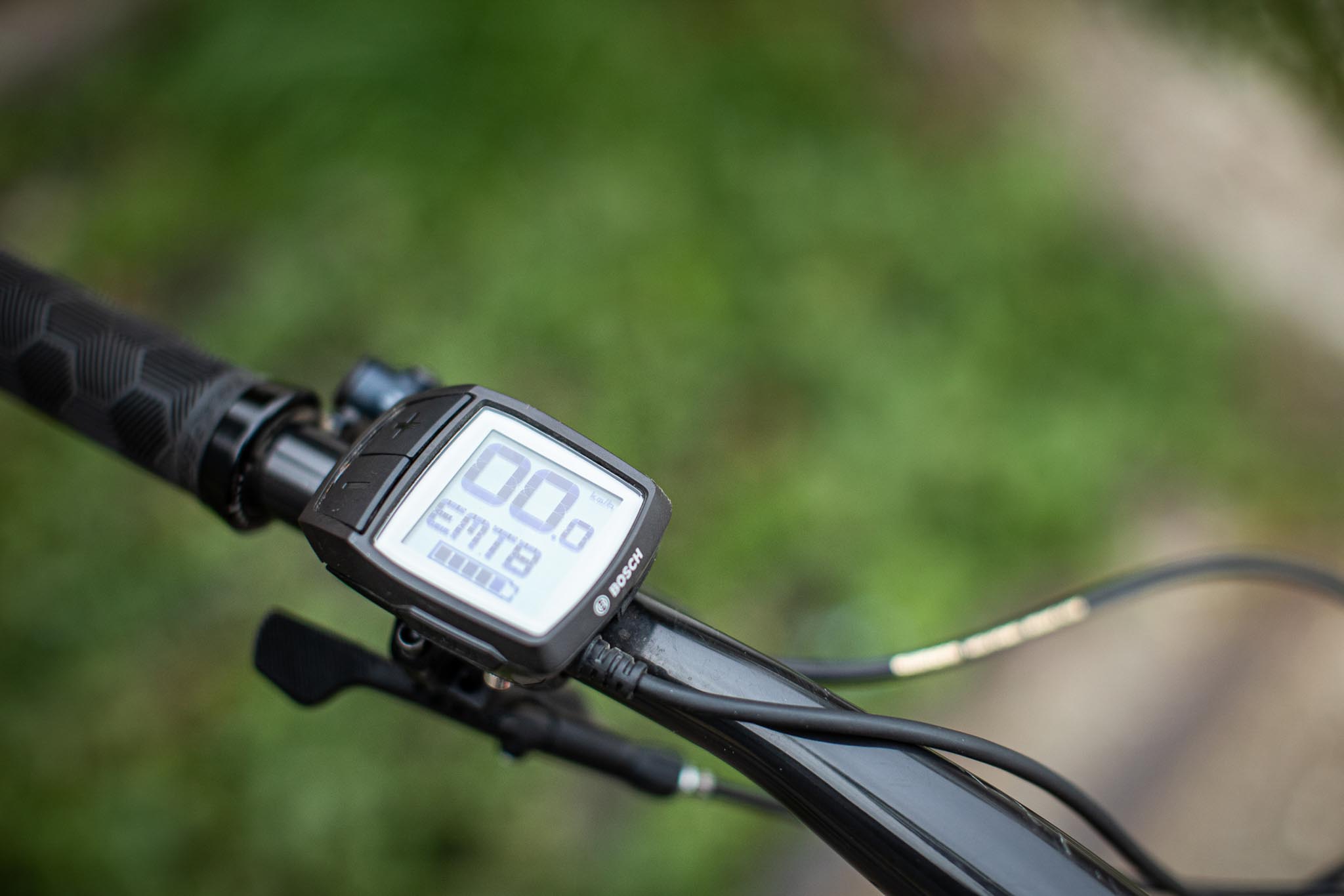
'It's a big challenge with new systems like this coming to dealers. So our target is to have a big work force of tech reps who visit and train the dealers. If you look back a few years in Europe, some dealers were saying they didn't want to do e-bikes, they wanted to just stick with road bikes and traditional mountain bikes. But these days you can hard;y find a dealer who isn't selling e-bikes.'
Some dealers are getting bigger, as they need to have more staff in there for e-bike service. You typically have more service demands on an e-bike as people are riding more. They're riding more kilometres in a year than they would otherwise, so bikes are getting serviced more. It's a clear change in the scope of the dealer from my point of view.'
The new Smart System app removes the need to visit a Bosch service centre, as it puts so much customisation at your finger tips. Still, we can all play with our suspension tuning easily – but it doesn't mean we know what we're doing. So specialist e-bike technicians will likely be very useful for tuning systems to suit riders, apps or not.
It's hard to walk into a bike shop and not see a fleet of new eMTBs on the floor. And so many conversations are about what eMTB someone should buy. Arim told me that 50% of bikes on the trails in Germany are e-bikes, and he expects that to grow. And I'm sure it will here in Australia as well, especially with the range of eMTBs that are available now. Funnily enough, when I started work with AMB featuring an eMTB review was not something I would do. But now, I see them as one of the best ways to get more people on bikes, and more people enjoying the trails. And who wouldn't want that?
Bosch ride days
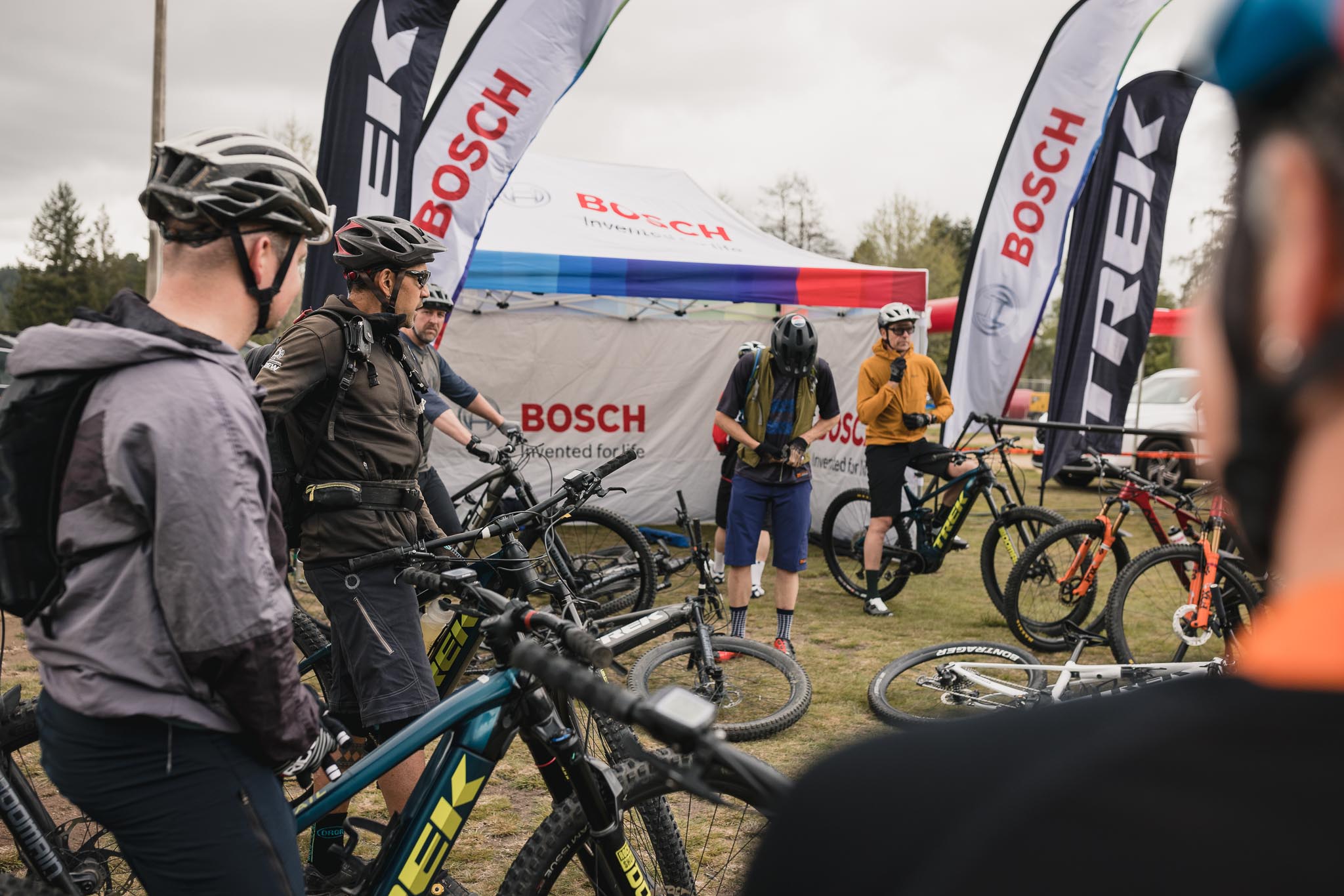
Have you ridden an eMTB? Chances are you have, but maybe you didn't get to take one on the trails. Bosch have partnered with a few events to offer ride days, and I was lucky enough to take part on one at the Whakarewarewa Forest ahead of the Whaka 100 mountain bike race was held in October. Riders were equipped with Trek Rail 7 bikes with Bosch Performance CX Gen 4 motors, and we were guided to a few key sections of the Whaka 100 event, to ride some of the more challenging trails. It meant we got to ride the trails to check out the course in a social manner, without burning too many matches before the race.
Australian Elite marathon racer Imogen Smith signed up for a ride day, to get a closer look at a few trails – and she also enjoyed the ride on the Trek Rail.
'It was super easy to use, once I got on the bike I knew what to do intuitively because it is so well-designed. I left the system on eMTB so I could just have fun.'
'It was the highlight of my trip to New Zealand. We rode so many trails in a group. There was a huge range of abilities from World Cup riders to recreational riders. We all stayed together and had a good time, without any pressure. I even kept up with Anton Cooper up the hill!'
The new Bosch Performance CX Race Line Limited Edition
Bosch launched the Performance Line CX Race Limited Edition in spring. The new motor is based on the well-regarded Bosch Performance Line CX with 85Nm of torque, but it's been trimmed down and had the level of support increased to meet the demand of those racing eMTBs on the world stage.

Race Mode has been designed to get everything out of the motor, bike and rider. This mode offers very direct support – with up to 400 percent of your own pedal power. Riders reach maximum support faster and can use it to the cut-off at 25 km/h. The Extended Boost of the eMTB mode has also received an upgrade. This allows a short period of support despite stopping pedalling – it's ideal for clearing step ups and getting a kick for jumps. The extra thrust is further extended in Race mode, so that large boulders, roots or steps are skilfully overcome even more easily. As all this power is nothing without the means to control it, the Race mode can be adjusted in the eBike Flow app so you can customise the strength of support, dynamics, maximum speed and maximum torque.
This motor is primarily designed for riders racing in eMTB competition, where the clock is ticking and getting up to speed faster counts. The greater level of support still tops out at 25km/h, but you get there faster. The lighter weight (2.75kg) will also help create a bike that can be more dynamic to ride. As you'd expect, the motor has been designed with professional eMTB athletes to make sure it delivers what they need. Does that mean you need it? Probably not. But plenty of us ride the same top equipment used in the World Cup or EWS – and in a similar vein, you can access the same eMTB motor technology if you like.
We expect to see the Race Limited Edition on top-spec Bosch-equipped eMTBs like the Trek Rail, Orbea Wild FS, Moustache Game 6, Cube Stereo Hybrid Action Team and bikes from Whyte and Focus. However, there are no set delivery dates for confirmed models with Australian pricing.

